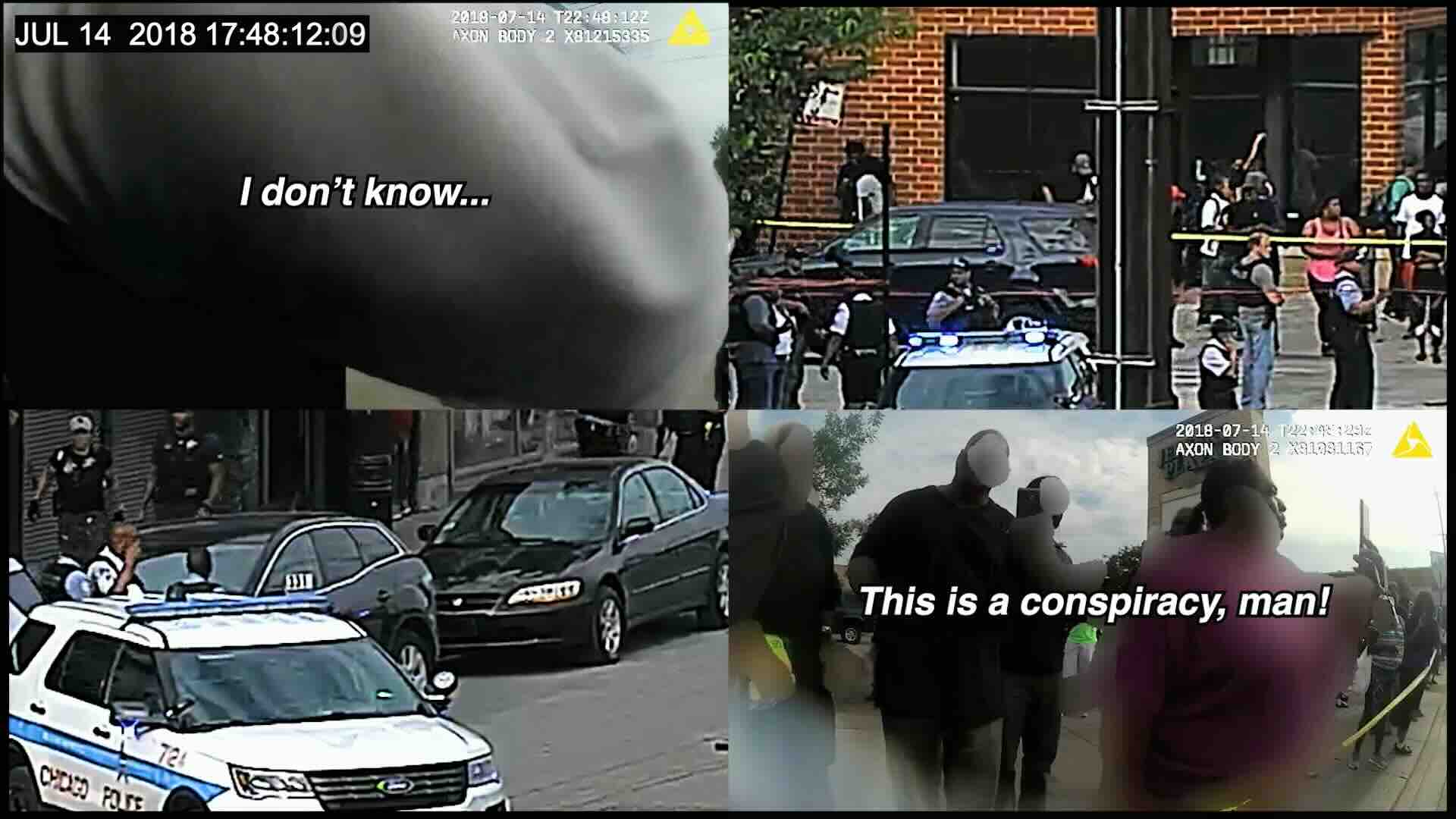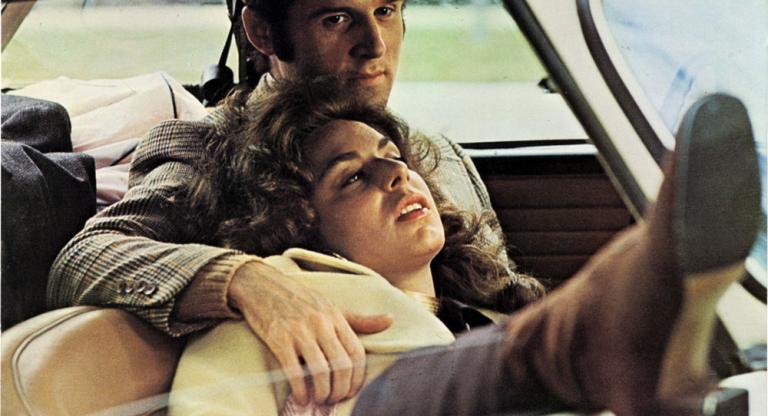According to conventional wisdom, you can’t dismantle the master’s house with the master’s tools. But what’s conventional by definition can only maintain existing power relations. So, as tools of hegemonic control are left strewn about our daily experience, those interested in creating new social paradigms will inevitably look toward whatever implements are available to them, transforming tools of control into weapons of critique. This is the scenario in which Bill Morrison has placed himself with his tragic and riveting short Incident (2023). Morrison came to prominence by engaging with physical archives and their inherent ephemerality, which threatens to confuse and obfuscate both the past and ourselves. However, Incident is composed entirely from footage captured by body-worn and security cameras. With this foray into the digital panopticon, Morrison concerns himself with a different kind of threat to historical and social legibility. Rather than contend with the possibility that a film reel succumbs to its materiality and takes with it evidence that only existed in its cells, Incident is concerned with the propensity that gluts of digital material accumulated from multiple perspectives have to casting doubt and allowing for any kind of authoritative truth to emerge from a sea of possible interpretations. Without an agreed upon present, the future’s historians could be left with the epistemological equivalent of a tin of crumbling celluloid.
In the case of the murder of public citizens by those who are sworn to serve and protect them, such doubt serves only to side-step any accountability that institutional actors might face for the harm they wreak in the process of supposedly carrying out that oath. If it’s posed that one possible interpretation can be true, then the narrative to which all available evidence seems to obviously point suddenly might not be. The impossibility of certitude keeps any foundation upon which a conversation around fault and restitution might take place ever fluid and elusive.
But in investigating the death of Harith “Snoop” Augustus at 2020 E 71st St in Chicago on July 14, 2018 by the gun of Officer Dillan Halley, Morrison is determined to nullify such bad-faith weaponization of post-modern conceptions of objectivity by making plain what actually happened. Footage (and audio) recorded from different vantage points are made to share the same frame, bringing all available perspectives under the umbrella of his own. Aided by regular editorial on-screen text, Morrison compiles the definitive and incontrovertible narrative of the events that took place on that day. For evidence of the efficacy of his technique, look no further than the fact that last December Chicago aldermen voted 47-7 to approve a new CPD contract that changes the rules around body-cams so that a film like Incident can never be made again.
Incident screens this Saturday, May 18, at Artists' Television Access as part of Other Cinema's recurring “Archive Fever" program.




